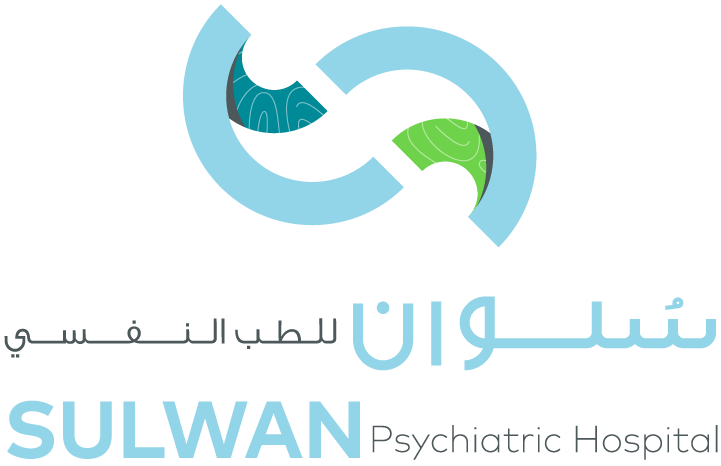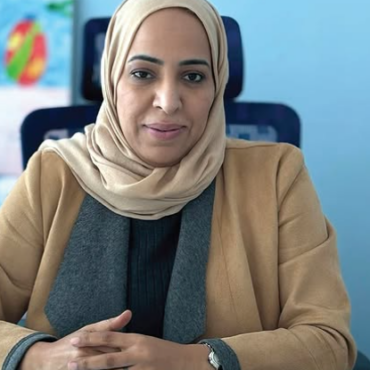World Children’s Day ! اليوم العالمي للطفل
Child Health and Development
–
صحة وتطور الطفل
تعتبر صحة وتطور الطفل جانبًا مهمًا من جوانب الصحة العامة في منطقة الشرق الأوسط
يمثل الأطفال دون سن الخامسة 12% من إجمالي السكان في المنطقة. في عام 2011، تمكن حوالي نصف مليون طفل إضافي في المنطقة من الاحتفال بعيد ميلادهم الخامس مقارنة بعام 1990، بفضل جهود الدول لتحسين صحة الأطفال. على الرغم من الانخفاض الملحوظ في وفيات الأطفال في العقود الأخيرة، لا يزال أكثر من 900,000 طفل دون سن الخامسة يموتون سنويًا في المنطقة
تحدث أكثر من 40% من هذه الوفيات في الفترة النيوانية، أي خلال الـ 28 يومًا الأولى من الحياة. تظل الالتهاب الرئوي والإسهال من الأسباب الرئيسية للوفيات في البلدان ذات معدلات وفيات الأطفال المرتفعة. كما أن الملاريا تمثل قاتلاً رئيسيًا في السودان
من المحتمل أن تسهم سوء التغذية في وفاة ثلث الأطفال دون سن الخامسة في البلدان ذات الدخل المنخفض. بالنسبة للأطفال الذين ينجون، تؤثر سوء التغذية بشكل سلبي على نموهم وتطورهم العقلي إذا لم تُعالج في الأشهر الأولى من حياتهم وقبل أن يبلغوا عامهم الثاني. وبدورها، تؤدي هذه المشكلات إلى انخفاض الإنتاجية الاقتصادية للأمة
الممارسات الغذائية الموصى بها، مثل الرضاعة الطبيعية الحصرية وإدخال الأطعمة الصلبة وشبه الصلبة في النظام الغذائي للرضع بجانب حليب الأم، تُعتبر دون المستوى الأمثل في العديد من البلدان
توجد تدخلات فعالة يمكن أن تمنع أو تعالج الحالات المذكورة أعلاه وتساعد في بناء أسس صحة الطفل منذ الولادة. يدعم برنامج صحة وتطور الطفل الإقليمي البلدان في تنفيذ هذه التدخلات
A mother cradles her smiling, healthy baby Child health and development is an important aspect of public health in the Eastern Mediterranean Region.
Children below five years of age represent 12% of the total population in the Region. In 2011, about half a million more children in the Region were able to reach their fifth birthday compared with 1990, thanks to country efforts to improve child health. Despite a remarkable reduction in child deaths in recent decades, more than 900 000 children under five still die in the Region each year.
Over 40% of these deaths occur in the neonatal period, the first 28 days of life. Pneumonia and diarrhoea remain leading causes of mortality in countries with a high under-five mortality rate. Malaria is also a major killer in Sudan.
Malnutrition is likely to contribute to a third of all under-five deaths in low-income countries. For the children who survive, it adversely affects their growth and cognitive development if untreated in the earliest months of life and before they reach their second birthday. This, in turn, translates into a reduced economic productivity for a nation.
Recommended feeding practices, i.e. exclusive breastfeeding and timely introduction in the infant’s diet of solid and semi-solid foods in addition to breastmilk which help the child grow and develop healthy, are sub-optimal in many countries.
Effective interventions exist which can prevent or treat the conditions mentioned above and help build the foundations for child health since birth. The regional child health and development programme assists countries in implementing those interventions.



